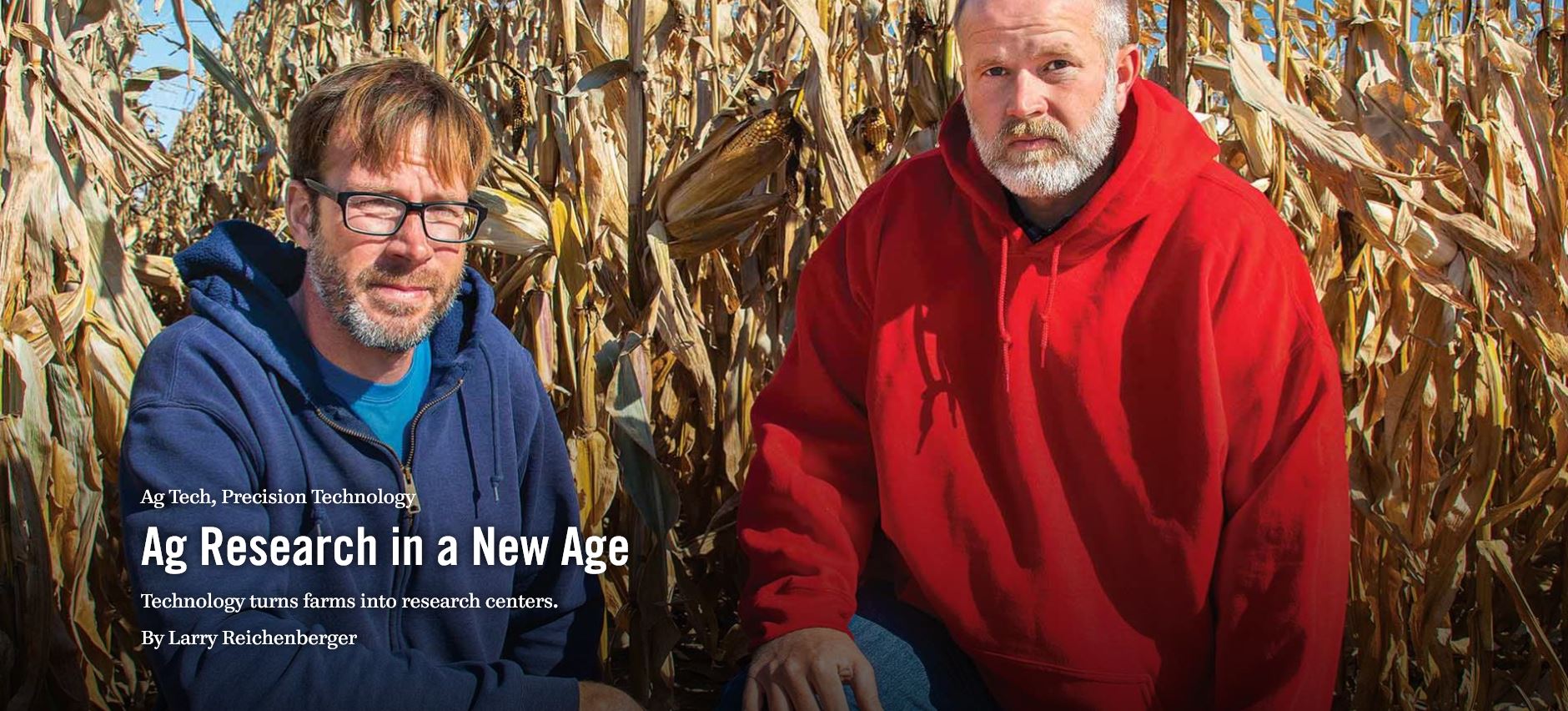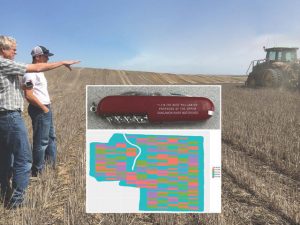Our team has some BIG news! Read our full press release on Illinois ACES.
URBANA, Ill. – A University of Illinois research team, led by Agricultural and Consumer Economics Professor David Bullock, received a $4 million award from the USDA’s Natural Resources Conservation Service (NRCS) to implement on-farm conservation practices.
The U of I project is entitled “Improving the Economic and Ecological Sustainability of US Crop Production through On-Farm Precision Experimentation.” In collaboration with Washington State University’s Extension Program and cotton, corn, soy, and wheat producers, researchers plans to deploy a data-intensive crop management system based on on-farm precision experiments. Farmers will use these tools to conduct site-specific, data-based evaluation of the yield costs of reducing nitrogen losses, enabling data-informed input management decisions.
“The great thing about this award is that it gives us funding to make sure that every year we can increase the profits of participating farmers and their crop consultants,” Bullock says.



